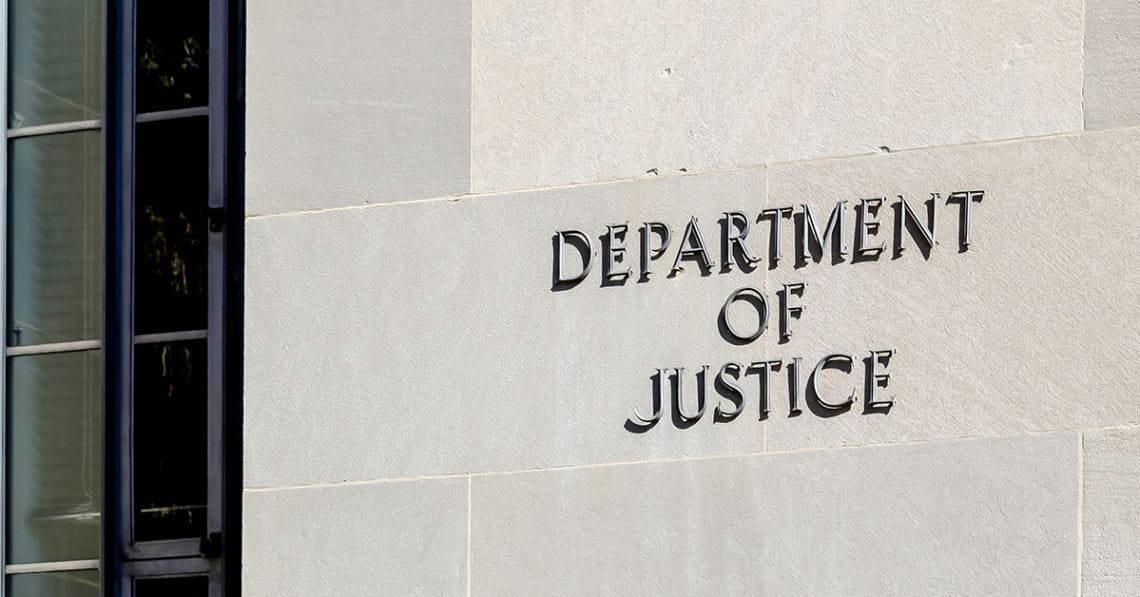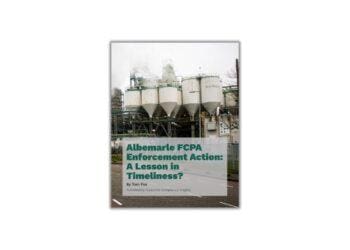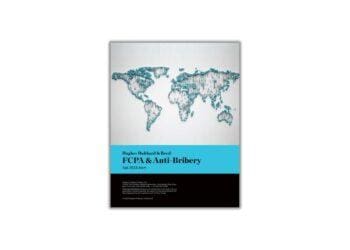Companies accused of corporate crimes will have more incentives to disclose misconduct they uncover and cooperate with federal investigations, Assistant Attorney General Kenneth Polite Jr. said Tuesday.
In remarks at Georgetown University’s law school, Polite seemed to soften the Biden Administration’s corporate criminal enforcement stance and offer more carrots in the government’s “carrot-and-stick” policies in the form of fewer prosecutions and softer penalties.
Polite’s comments amount to the first major change to the DOJ Criminal Division’s corporate enforcement policy since it was announced in 2017 and provides federal prosecutors with more freedom to decline to prosecute companies in some cases.
The changes also make it clear that a robust compliance culture isn’t just nice to have, said Tom Fox, FCPA expert and compliance podcast host.
“There is much more pressure and attendant benefit for having an effective compliance program at the time of the incident. The DOJ will now measure compliance program effectiveness by whether your compliance program detected illegal conduct through reporting or internal controls.”
Previously, declinations applied only when companies voluntarily self-disclosed misconduct, cooperated with the DOJ investigation and remediated wrongdoing — and in the absence of aggravating circumstances. Under the revisions Polite announced, companies may still receive a declination even if aggravating circumstances are present if these conditions are met:
- Voluntary self-disclosure is made immediately upon the company becoming aware of the misconduct allegations.
- The company had an effective compliance program and system of internal accounting controls that enabled them to discover the misconduct and led to the self-disclosure.
- The company provided extraordinary cooperation with the DOJ’s investigation and undertook extraordinary remediation.
In cases where prosecution is still warranted, most companies that voluntarily self-disclose misconduct, cooperate with investigators and conduct appropriate remediation will be eligible for a reduction of the U.S. sentencing guidelines fines between 50% and 75%. The reduction for criminal recidivists will be pegged to the high end of the fine range. Previously, the maximum possible reduction was 50% off the range.
And even companies that don’t self-disclose but still cooperate with investigators and remediate their wrongdoing may be eligible for a 50% reduction of their potential fine.










